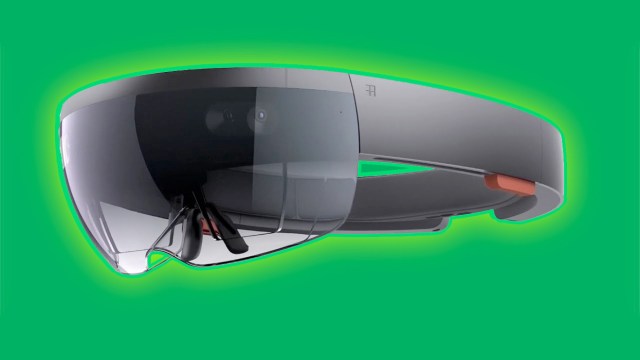- The Metro newspaper conducted a semi-scientific test of touchscreen kiosks in eight McDonald’s restaurants in the U.K.
- All of them tested positive for various kinds of bacteria that can cause infection.
- Public touchscreens are known to harbor high amounts of bacteria, though tests also suggest the average smartphone isn’t much cleaner.
A new test suggests you should strive to avoid public touchscreens — unless you don’t mind getting poop and other infection-causing bacteria on your fingers.
The Metro newspaper recently conducted a limited study that involved taking swab samples of touchscreen kiosks located within eight McDonald’s restaurants in the U.K. All of the samples tested positive for some kind of bacteria that can potentially cause infection.
“We were all surprised how much gut and faecal bacteria there was on the touchscreen machines,” Dr. Paul Matewele, senior lecturer in microbiology at London Metropolitan University, which helped analyze the samples, told the Metro. “These cause the kind of infections that people pick up in hospitals.”
Some of the bacteria found were relatively common.
“For instance Enterococcus faecalis is part of the flora of gastrointestinal tracts of healthy humans and other mammals,” Matewele said. “It is notorious in hospitals for causing hospital acquired infections.”
But at least two samples tested positive for listeria, a rarer bacterium that’s found found in human and animal feces, and which can lead to miscarriages and stillbirths.
“Listeria is another rare bacterium we were shocked to find on touchscreen machines as again this can be very contagious and a problem for those with a weak immune system,” Matewele said.
The test also revealed the presence of the bacteria proteus, klebsiella and staphylococcus.
How dirty are touchscreens in general?
In short, pretty disgusting. You might have read reports (some more scientific than others) showing that airport touchscreen kiosks are actually dirtier than the “flush button” on airplane bathrooms, or similar tests showing that your keyboard is covered with an ungodly amount of germs.
But the worst offender is probably in your pocket. Ask yourself when’s the last time you used a disinfectant on your smartphone. If you’re like most people, it’s probably not often enough, considering a University of Arizona study showed that smartphones are likely to carry 10 times the bacteria found on the average toilet seat. At least that’s something you can fix.
As for public touchscreens, the solution is straightforward though it’ll take a bit of effort: Always wash your hands after using one — especially if you’re about to eat.
A McDonald’s spokesperson told the Metro: “Our self-order screens are cleaned frequently throughout the day. All of our restaurants also provide facilities for customers to wash their hands before eating.”
A more down-to-earth response
“These kinds of stories are irritating,” David Coil, a microbiologist at the University of California at Davis, says to The Washington Post. “It’s always something: kids’ toys, doorknobs, touch screens. These are all the same objects touched by people. Of course there will be human-associated bacteria on them. Washing your hands more or less does the trick.”






